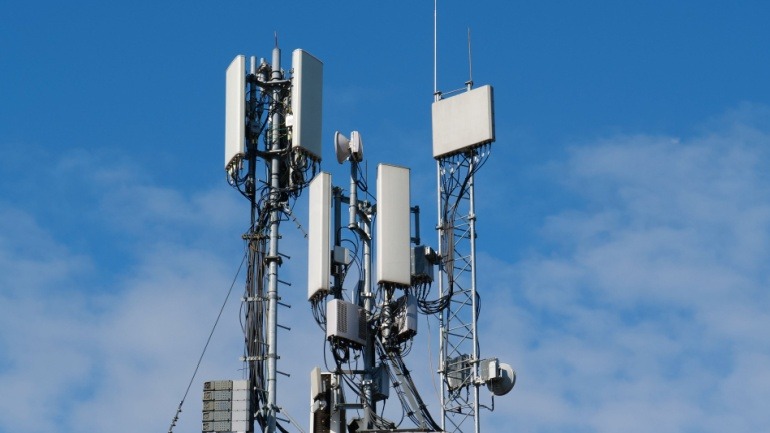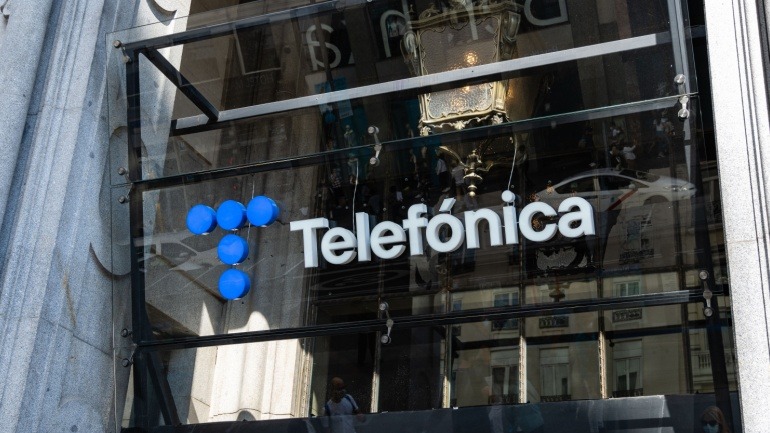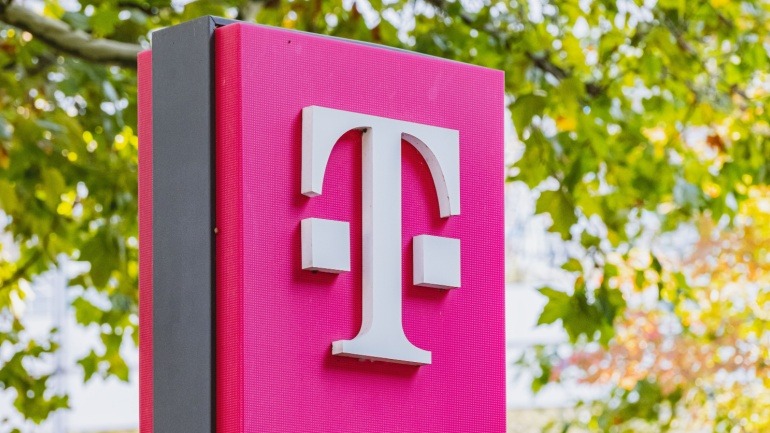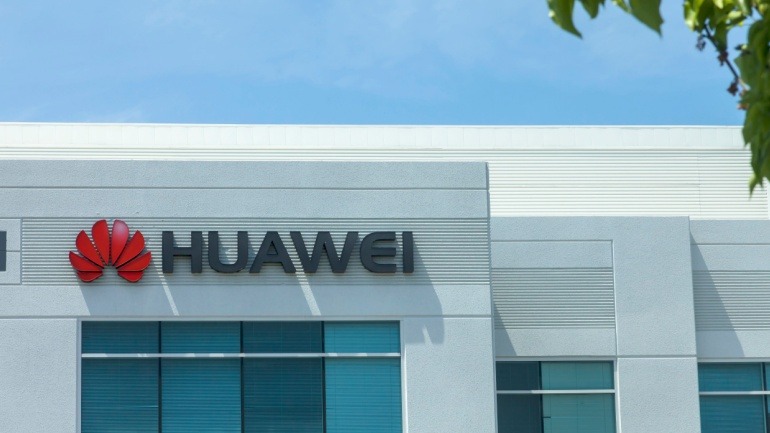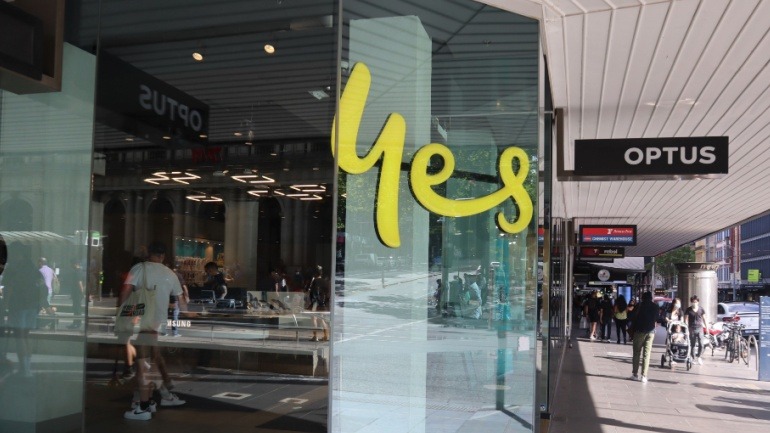América Móvil and Entel are individually pursuing Telefonica’s assets in Chile, ending plans for a joint bid. With both telecom giants now independently assessing opportunities, Chile’s telecom market could see major shifts. This competitive landscape ensures intriguing dynamics, as each seeks to leverage strategic advantages in acquiring Telefonica’s lucrative assets.
Amid Black Friday’s digital communication surge, Sinch reported a 144% increase in AI-powered Rich Communication Services. Businesses increasingly favor rich messaging formats, blending traditional channels like SMS and email with interactive VoIP solutions. This shift underscores the essential role of AI in creating standout conversational experiences in competitive markets.
AT&T is suing T-Mobile over the new Easy Switch tool, alleging unlawful access to its systems using AI tools. This tool, promising quick network switches, is under fire for allegedly scraping customer data. The lawsuit highlights ongoing tensions and competitive tactics in the telecom industry’s battle for customer acquisition.
Telecom operators can now revolutionize their installation process with vHive’s On-Site Validation service, utilizing digital twins and drones for precise setups. This method offers real-time feedback, ensuring first-time-right workflows and reducing OPEX waste. Such technological advancements promise to streamline 5G rollouts and redefine telecommunication industry practices.
Telefónica is actively pursuing the sale of its logistics unit, Zeleris, as part of its asset monetization strategy. Leading contenders OnTime and Everwood Capital aim to acquire the unit, enhancing its operational scope. This move aligns with Telefónica’s efforts to reduce debt, focus on core telecom services, and drive growth.
The telecommunications industry’s transformation is imminent, fueled by agentic AI. As companies face rising expenses and cyber threats, integrating agentic AI becomes essential. In call centers, it slashes costs, automating call processing while enhancing efficiency. Beyond savings, agentic AI revolutionizes network management, ensuring reliability and customer satisfaction.
Navigating the complex landscape of telecom API integration, particularly with standards like CAMARA, presents significant challenges for mobile network operators. MNOs must overcome issues like legacy systems integration and data management silos. Leveraging middleware solutions, such as Enea’s API Composition Engine, can streamline API implementation, enhancing connectivity and operational efficiency.
Deutsche Telekom remains optimistic about achieving its goals despite the 2025 challenges. Their strategic focus on T-Mobile US’s strength and a German market overhaul showcase resilience. As artificial intelligence gains traction, it emerges as a key growth driver. CEO Tim Höttges highlights the importance of robust cash flow and competitive pricing strategies.
Vietnam’s recent decision to award 5G contracts to Huawei and ZTE signals a crucial transformation in its telecommunications strategy, impacting its VoIP infrastructure. This transition highlights Vietnam’s complex balancing act between global powers, as it embraces Chinese 5G technology despite longstanding Western security concerns. Exploring Vietnam’s evolving VoIP dynamics amid geopolitical shifts offers insight into future telecom trends, emphasizing cost-effectiveness and advanced connectivity.
Optus faced another significant network disruption in southeast Melbourne, impacting 14,000 customers. This outage resulted from an aerial fibre break linked to copper theft, leaving users unable to connect with emergency services.






